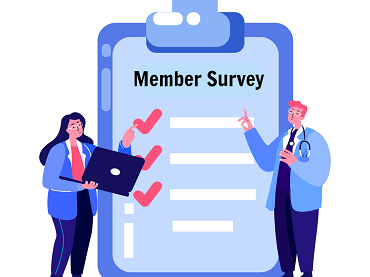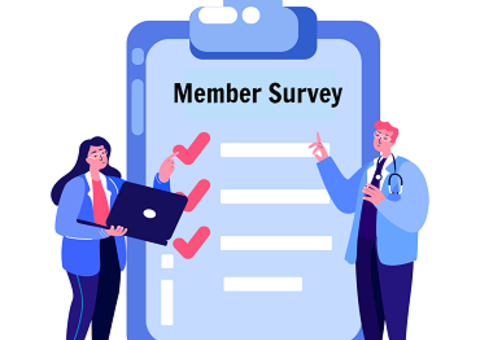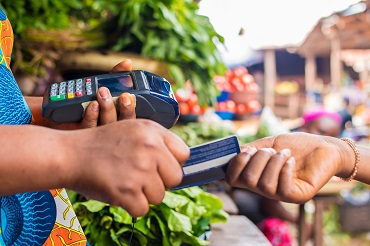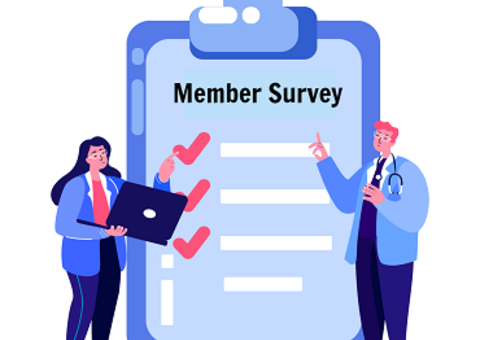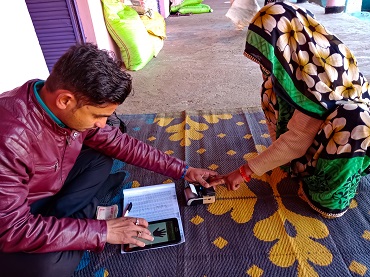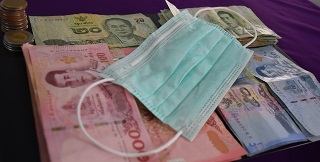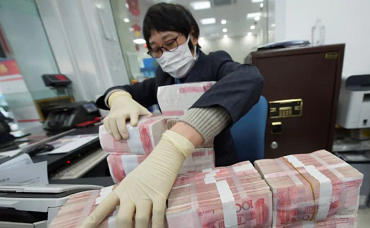Blog
Partnership between Bank and Fintech in Post COVID Period
Sep 30, 2020

A virtual roundtable summary
The COVID-19 pandemic has brought new challenges to the field of SME finance, and these challenges won’t be solved without agile fintech companies. Hence, many banks around the world are partnering with, and in some cases acquiring, fintech to provide solutions for their SME clients.
As part of a weekly webinar series on COVID-19 mitigation efforts, the SME Finance Forum hosted a virtual roundtable to explore and discuss new solutions offered by bank and fintech collaborations in the post COVID era. During the panel, hosted and moderated by Matthew Gamser (SME Finance Forum), Bo Brustkern (LendIt Fintech), Nick Ogden (RTGS.Global), Sam Taussig (Kabbage), Satyam Agrawal (GlobalLinker) and Lesly Goh (World Bank) shared their knowledge and thoughts on new trends and developments in partnerships between fintechs, banks and governments, as well as how those should be formed to overcome the constraints imposed by COVID-19.
In the United States, there have been several changes in the way banks and fintech partner. These changes are the direct result of the interaction between the government and small businesses. Compared to other countries, the U.S. government’s rescue package focuses on people rather than companies to compensate the flexibility of the domestic labor market. In this context, the Paycheck Protection Program (PPP) has become an important steppingstone for small businesses. The banks are expected to function as the middleman in this mechanism – able to cash in guarantees from the government on the backend with the option to pledge notes with the central bank and distributing capital as loans to businesses and individuals. Small businesses are eligible to convert the loan into a grant if they meet certain criteria, but that process is ongoing. In the past few months, customers departed from traditional large banks and turned to small banks and non-bank fintech lenders for assistance, which quickly became among the most prominent PPP lenders. However, many smaller banks don’t have the resources to develop technological methods to respond to an increasing amount of applications as well as new challenges in customer relationship management. Hence, bank-fintech and fintech-fintech partnerships are particularly crucial to solve this issue.
The Paycheck Protection Program (PPP) lenders are mostly small community banks with insufficient ability to scale in order to conduct massive customer validation processes and to evaluate whether they qualify for the PPP. On the other hand, fintechs are not always approved to participate in government guarantee schemes like PPP despite their extensive experience in analyzing, verifying, and approving high volumes of SME applications. As a result, fintechs have sought partnerships with authorized lenders to deliver PPP loans. The cooperation leverages technology to help small businesses and allows them to submit lending applications through an automated platform with high efficiency. Canada has a similar scheme and also witnessed a rapidly increasing trend in bank-fintech partnerships but without the ability for fintechs to participate as direct program operators.
In the UK, regulators have a comparatively long history of encouraging competition and encouraging fintech development since 2012. The Financial Conduct Authority (FCA) has taken the position that regulators from the Prudential Regulation Authority (PRA) and the Strong Customer Authentication (SCA) support and encourage competition, a unique stance among the world’s regulators. According to bank of England’s report earlier this year, a considerable amount of SME lending is now being handled by the alternative sector in the country, indicating that SMEs have moved away from the nine largest banks in the UK, known as the CMA91. In addition to introducing the Furlough Scheme, the British government also promoted the Coronavirus Business Interruption Loan Scheme (CBILS) to provide financial support to SMEs. As the government set out a 330 billion pounds loan package to the CMA9, SMEs had already embraced alternative methods, such as online portals and marketplaces, to source emergency capital. However, most of these channels were not approved by British Business Bank to disseminate the relief funding. Since the advent of the pandemic, the British Business Bank accelerated onboarding and increased the number of lenders that have access to the CBILS program. Although the liquidity available in the UK market has improved, the partnership between the CMA9 and alternative lenders was a missed opportunity. Hence, the open and competitive market has in fact discouraged the formation of partnerships between banks and alternative lenders during the pandemic.
The Asian market also witnessed a significant development in the fintech market. As Satyam Agrawal of GlobalLinker said, “it was hard to imagine linking technology and banking ten years ago. But now the fintechs are partnering with traditional banks and co-creating solutions to the current pandemic. Most traditional banks use small businesses to generate deposits or liquidity, which will later be used to lend to larger corporates. Fintechs are therefore well positioned to fill this finance gap and assist SMEs with lending activities.” During the pandemic, fintechs have made up for the shortcomings of the basic infrastructure of traditional banks, allowing SMEs to participate in the government-sponsored COVID-relief programs. In the long term, the collaboration between banks and fintechs will offer sustainable solutions for SMEs beyond their basic borrowing and depository needs.
Throughout the pandemic, bank-fintech partnerships have played a significant role in SME lending activities. Fintechs have offered alternative channels for capital support for small businesses to access government relief packages in a way that traditional banks have not been able to provide.





